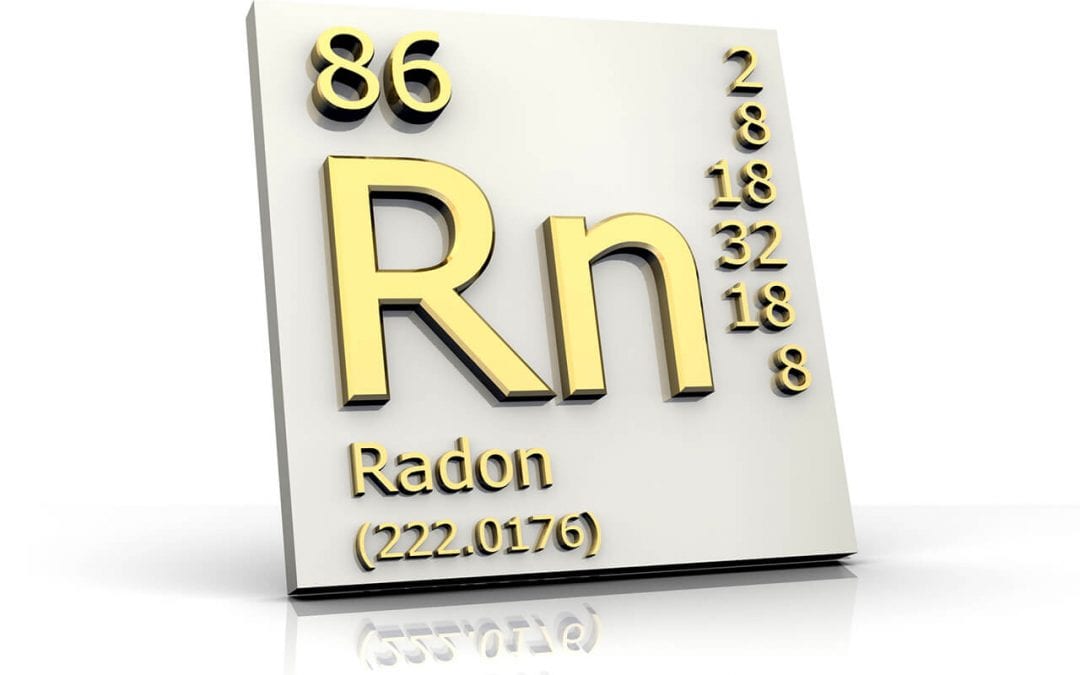When you think about common home safety risks, exposure to radon gas likely does not come to mind. Many people are not aware of the health risks associated with radon or how common it is in homes. Approximately one in fifteen homes have unhealthy levels of radon. January is National Radon Action Month, so learn why you need to schedule a professional test for radon in the home.
What You Need to Know About Radon In the Home
Unfortunately, many people who have not tested for radon in their home don’t know they’ve been exposed to it until after they have received a diagnosis for lung cancer. Radon is the second leading cause of lung cancer after smoking cigarettes in the United States. This gas could be present in any home, so no one should overlook the important step of testing for radon.
1. An Invisible Gas
Some types of gases that you may be concerned about at home, such as natural gas, have a strong and distinctive odor. Carbon monoxide produces obvious symptoms very soon after exposure. Radon, however, is clear and odorless. Furthermore, it will not create health symptoms right away. If you do not test for radon in the home, you will not know if radon is present.
2. Possible In Any Home
You may be wondering why radon in the home is such a serious concern. Uranium is a radioactive element that slowly decomposes in the soil beneath your home. Radon gas is produced as part of the uranium decomposition process, and as it works its way up and out of the soil, it can enter your home through the smallest of cracks. No home is perfectly airtight, so any home is at risk regardless of age, exterior materials, or other factors.
3. Fatal Consequences
Once radon enters a home, occupants will breathe it regularly. While immediate symptoms are not recognized, this is a carcinogenic gas that is linked to lung cancer. If you fail to test your home for radon, you may not realize that you and your family are being exposed to this gas.
4. A Growing Concern
There are many steps that you can take to prevent radon from entering the home and to lower high levels. However, if you fail to get a professional radon test to determine if this is an issue that requires your attention, you may overlook these essential steps. Over the years, radon gas may continue to filter into your home and accumulate in significant levels. Therefore, your risk may increase over time.
With professional testing, you can accurately determine if radon is in your home and what the current level is. Professional testing provides you with comprehensive information that is essential for you to take the next steps. If you have never tested your home for this dangerous gas or if you have not scheduled a test for several years, now is the time to contact an inspector and get the information that you need.
Centennial Inspection Service provides professional radon testing to the Denver Metropolitan area. Contact us to book radon testing or our other home inspection services.

